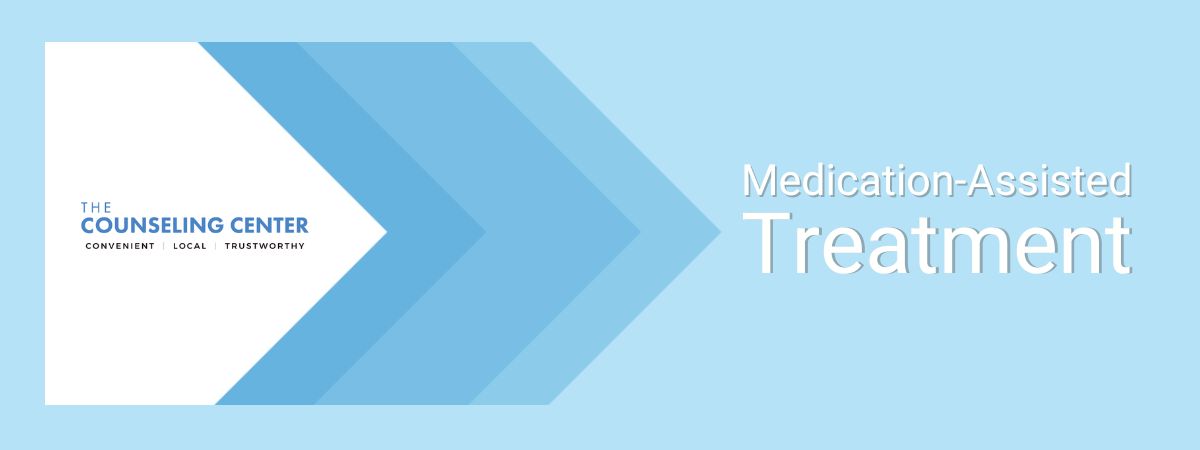
Why Medicated-Assisted-Treatment is Important For Addiction Near Philadelphia
Substance use disorders are demanding conditions. There is no cure-all treatment that works for all patients. Alternatively, most people require a combination of treatments.
While therapy can treat the psychosocial angle of addiction disorders, you could also need medicine to address the physiological aspects and any co-occurring mental health disorders. This is known as medication-assisted treatment (MAT). If you need treatment for a alcohol or drug disorder, here’s what to appreciate about medication-assisted treatment in Philadelphia.
What Is Medication-assisted Treatment?
Medication-assisted treatment is the delivery of medications combined with psychotherapy to help confront substance use disorders, mainly opioid and alcohol abuse. During substance use recovery, you’ll go to therapy sessions with a qualified clinician.
Medication-assisted treatment is when you take prescription medication to boost your recovery. A doctor prescribes medicines that treat the physical symptoms, urges and co-occurring disorders that contribute to addiction and relapse.
These medications help you confront the craving to use addicting substances and propel you to achieve enduring recovery.
How Does Medication-assisted Treatment Work In Philadelphia?
Your doctor may recommend MAT at any point in your drug or alcohol recovery. MAT is apt for addiction treatment if you are:
-
Medically sound
-
Still wrestling with overwhelming yearnings
-
Experiencing alcohol or drug addiction.
Your doctor will recommend medications based on the drugs you were using. That physician will direct how to take your medicine appropriately, how they help, and any side effects you may feel. They may administer the medications themselves. Contact your doctor immediately to talk about other strategies if you have troubling side effects.
Physicians most often advise the following medications for MAT:
Opioids: buprenorphine, naltrexone, methadone
Alcohol: naltrexone, acamprosate, disulfiram
These drugs help your brain chemistry overcome addiction, reducing yearnings for habit-forming substances and allowing you to feel normal again. You may also be prescribed painkillers, anti-nausea, and anti-anxiety prescriptions for withdrawal symptoms during detoxification.
When you commence MAT, you should also begin therapy if you haven’t done so already. Therapy for substance use disorders will help you understand the cause of your substance use, how to adjust to triggers without harmful alcohol or drugs, and how to improve your mental health. Your therapy and medication will work collaboratively to make it possible for you to overcome your addiction.
Why Do You Need Medication-assisted Treatment For Addiction Recovery??
When you’re attempting to conquer an addiction, you need all the support you can get. MAT coupled with therapy provides you with the greatest chance for a complete recovery. MAT helps diminish withdrawal symptoms and rein in urges that could otherwise prompt you to relapse. When you have improved governance over the discomforts of withdrawal and cravings, you’re more likely to:
-
Avoid relapse
-
Avoid overdosing
-
Stay focused on recovery
-
Stay sober long-term
Like all treatments during recovery from substance use disorder, MAT is designed to help you stop using harmful substances and get healthy. MAT is a proven method that fits into your busy life. If you haven’t started MAT for addiction yet, talk to your physician about how it can help you.
Find Medication-assisted Treatment Near Philadelphia Today
If you need help starting or continuing medication-assisted treatment near Philadelphia, call The Counseling Center at Cherry Hill at 856-600-0951 or use the simple contact form on this page. We reply instantly no matter the time or day. We’re here to provide the treatment you require for treating substance use disorders. Reach out 856-600-0951 today, and we’ll have a private conversation about how we can help you.
